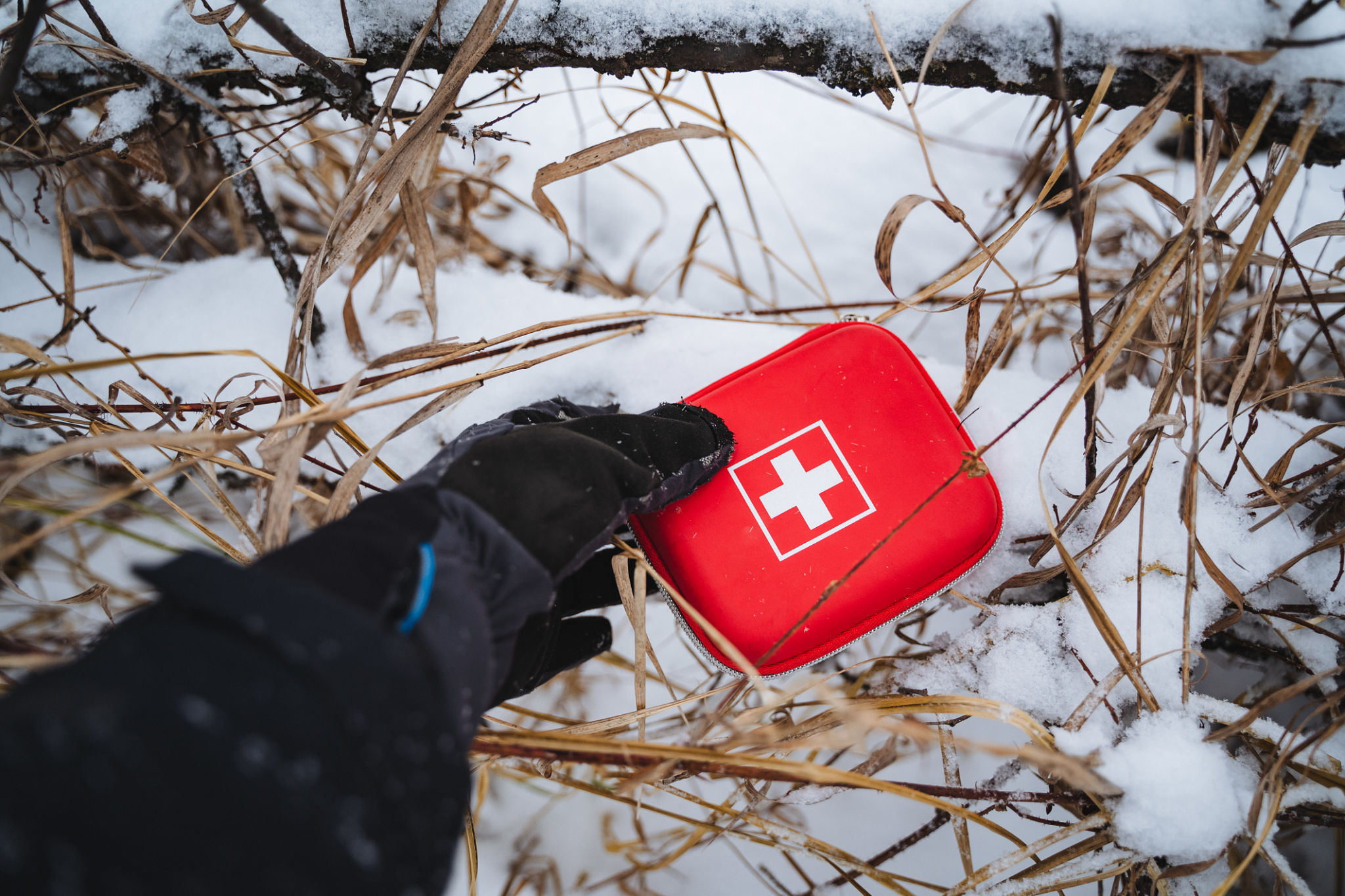How to Prepare for Florida’s Storm Season: Legal Implications for Homeowners and Businesses
LH
Understanding Florida's Storm Season
Florida's storm season typically spans from June to November, with hurricanes being the most formidable threat. Both homeowners and businesses need to be proactive in their preparation to minimize potential damages. While physical preparations are crucial, understanding the legal implications is equally important.
Being aware of the legalities can safeguard assets and ensure a smoother recovery process post-storm. This includes examining insurance policies, understanding liability issues, and knowing the legal requirements for home and business protection.

Reviewing Insurance Policies
One of the first steps in preparing for storm season is to review insurance policies. Homeowners should ensure that their policies cover hurricane and flood damage adequately. It's essential to understand the specifics of your coverage and any deductibles that apply. Businesses, on the other hand, might require additional coverage for business interruption and inventory loss.
Consulting with an insurance advisor can help clarify any ambiguous terms or conditions that could affect claims. Ensuring your policy is up-to-date and provides comprehensive coverage can prevent unwelcome surprises if a storm hits.
Legal Responsibilities and Liability
Both homeowners and businesses must be aware of their legal responsibilities during storm season. For instance, maintaining property safety standards is crucial. This includes securing outdoor items that could become projectiles during high winds or ensuring that structures are stable enough to withstand hurricane forces.
Failing to secure your property could result in liability if flying debris causes damage to neighboring properties. Understanding these responsibilities can help mitigate risks and protect against potential legal claims.

Contractual Obligations
Business owners should review any contractual obligations that might be affected by storm disruptions. This includes agreements with suppliers, customers, and service providers. Knowing how force majeure clauses operate in your contracts can determine your obligations in the event of a natural disaster.
It's advisable to communicate with contractual partners about potential disruptions and establish contingency plans. This proactive approach can help maintain business relationships and prevent future disputes.
Regulatory Requirements
In Florida, there are specific regulatory requirements for both homeowners and business owners when preparing for storm season. These often involve building codes designed to improve the structural integrity of properties in hurricane-prone areas. Compliance with these regulations not only enhances safety but also ensures that you are legally protected.

Staying informed about any updates to these codes or new regulations is essential. Local government websites and legal advisors are good resources for the latest information.
Preparing a Legal Plan
Developing a legal preparedness plan can be beneficial for both individuals and businesses. This plan should include details about insurance policies, liability considerations, and compliance with local regulations. It should also outline steps to take before, during, and after a storm to ensure legal and financial protection.
By integrating legal preparedness into your overall storm plan, you can navigate Florida’s storm season with greater confidence and peace of mind.